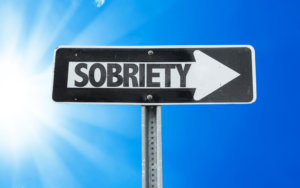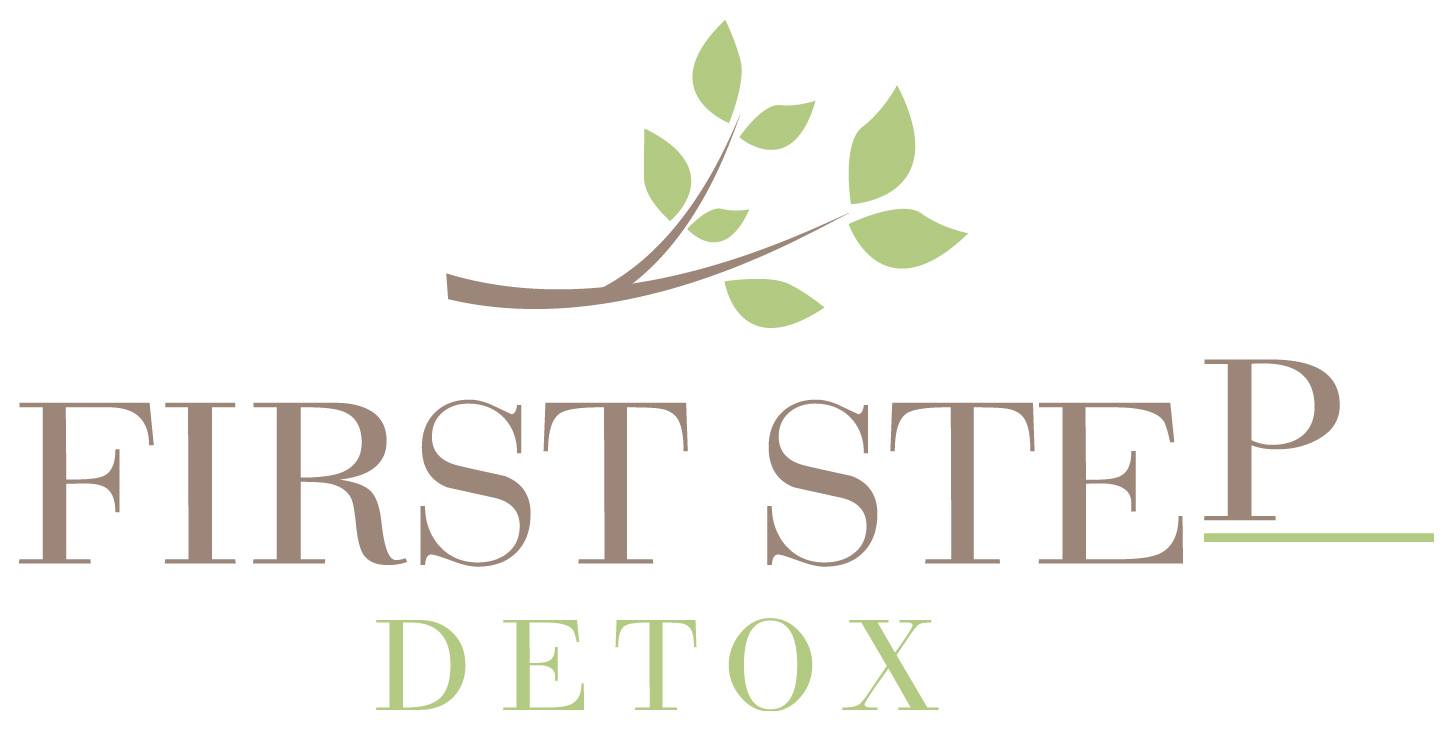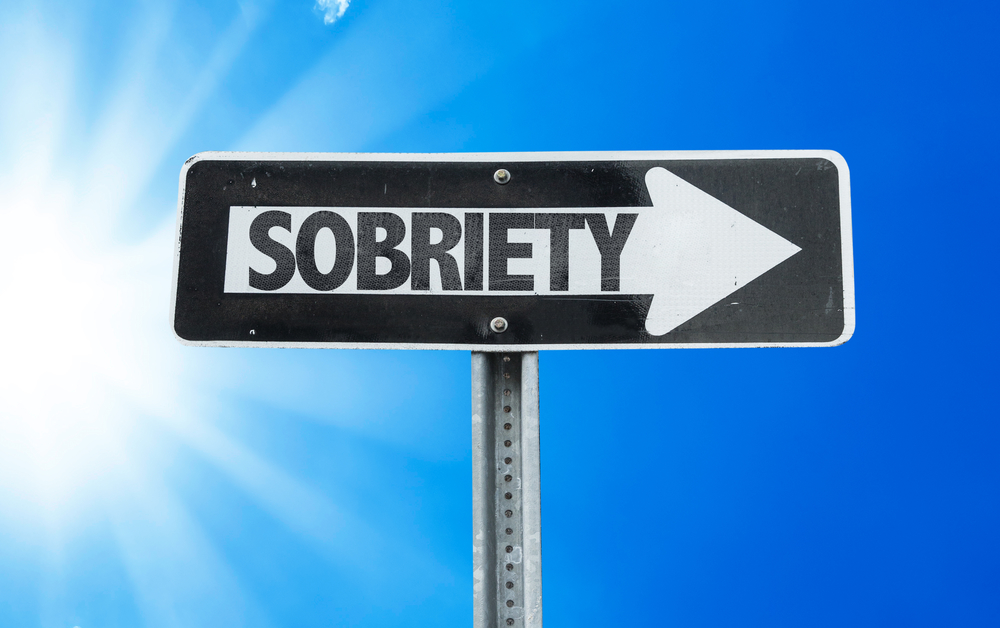 Many people don’t realize there’s a technical difference between detox and rehab or what role alcohol detox plays in getting sober. For some individuals, detox can be an important first step when battling alcohol addiction and seeking long-term sobriety.
Many people don’t realize there’s a technical difference between detox and rehab or what role alcohol detox plays in getting sober. For some individuals, detox can be an important first step when battling alcohol addiction and seeking long-term sobriety.
What’s the Difference Between Detox and Rehab?
In short, detox is the act of removing all of a substance from your body and working through the withdrawals that process may cause. It can take a few days to a week on average.
Rehab is a longer process that usually involves a holistic approach to addiction treatment, often based on behavioral therapy. During inpatient rehab, for example, you might take part in individual and group therapy, recreational therapy and activities meant to foster confidence, health habits, and new coping skills. During rehab, you may work with clinical staff on physical issues related to or tangential to your addiction, but you’ll also work with therapy staff to identify triggers for your alcohol use and build healthier coping mechanisms you can employ in real life.
How Does Detox Work?
One thing that keeps individuals caught in a cycle of addiction is withdrawals. When your body becomes physically dependent on a substance such as alcohol, it begins to rely on the presence of that substance. A sudden lack of alcohol in your system triggers the body to think something is wrong, which leads to withdrawals that can include:
- Nausea and vomiting
- Insomnia
- Profuse sweating
- Trembling or shaking that you can’t control
- Headaches
- Anxiety
Withdrawals make getting sober that much harder, because your body seems to betray you if you make the decision to stop drinking. These symptoms can range from mild and inconvenient to severe and extremely uncomfortable. They may even be so strong that they temporarily keep you from going about your work, social or family routines.
All that can push someone back to using alcohol. Plus, in really severe cases, withdrawals can be physically dangerous.
Medically assisted detox as the first step in getting sober helps you get past withdrawals. For most people, alcohol withdrawal symptoms tend to peak within a few days and fall off within a week. During that time in a detox program, doctors and nurses work with you 24 hours a day to alleviate withdrawal symptoms by:
- Prescribing and overseeing medication that can help reduce withdrawal symptoms
- Providing medical support to ease specific symptoms, such as nausea or headaches
- Supporting you through the process to ensure you are as comfortable as possible
Why Is Alcohol Detox Important?
Detox can be a critical first step in any type of rehab because it gets you over a bump that many fear or are unable to face alone. Withdrawal symptoms make it difficult to concentrate on everything else you need to work on during recovery, so moving successfully beyond them lets you celebrate an immediate win, begin to concentrate on other important aspects of rehab and avoid scary or unhealthy situations that can result from going cold turkey alone.
If you want to quit drinking but keep letting withdrawal symptoms trump your sobriety, it may be time to seek professional assistance. First Step Detox is there to help. Contact us today to find out more about medically assisted detox and how it helps people succeed in rehab.

